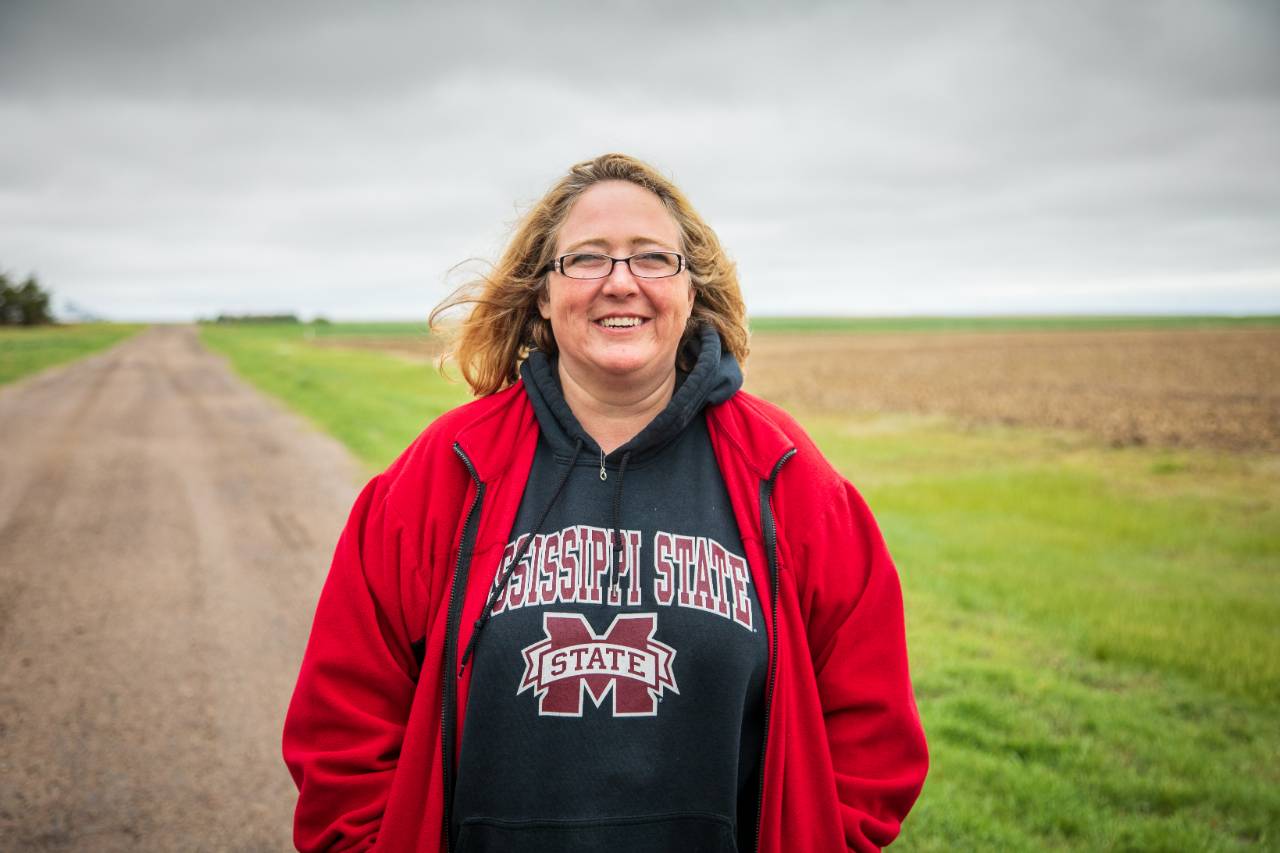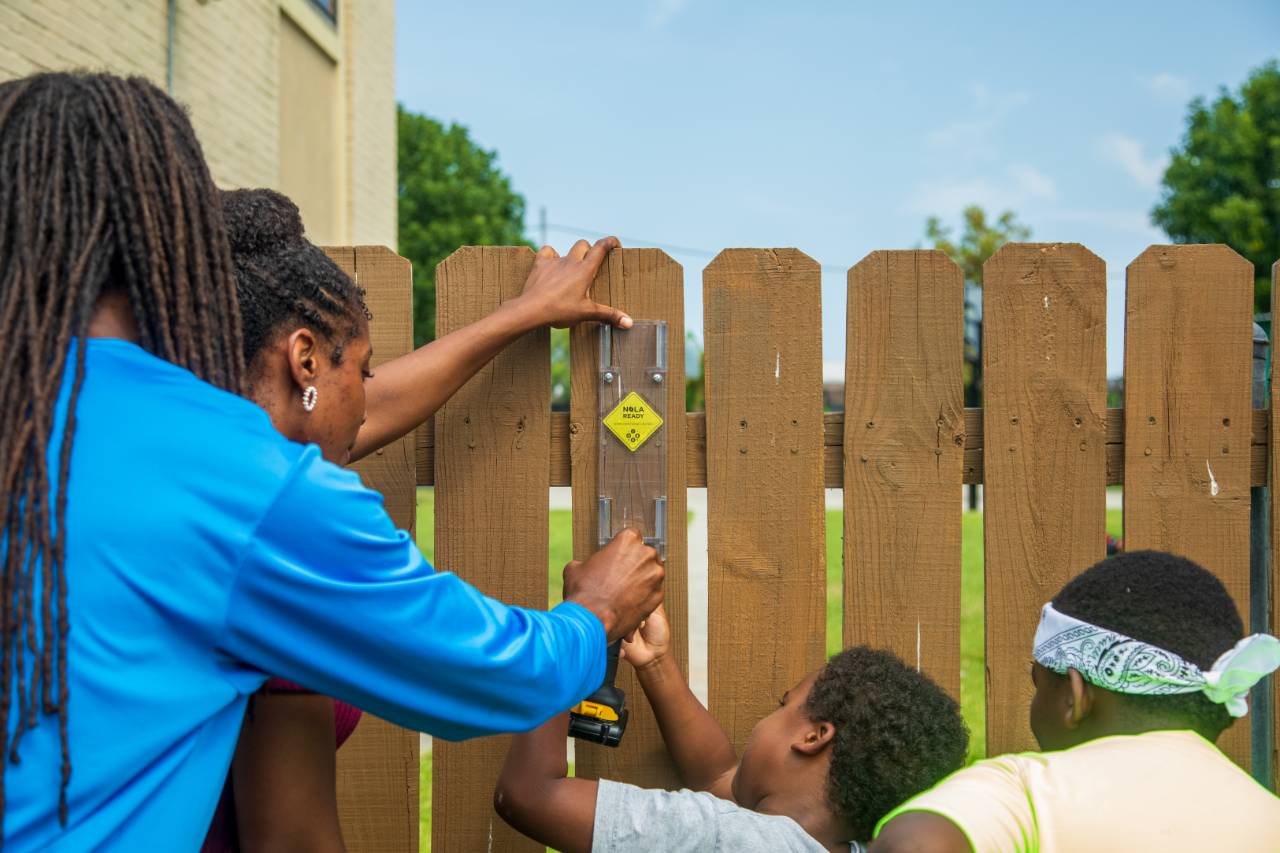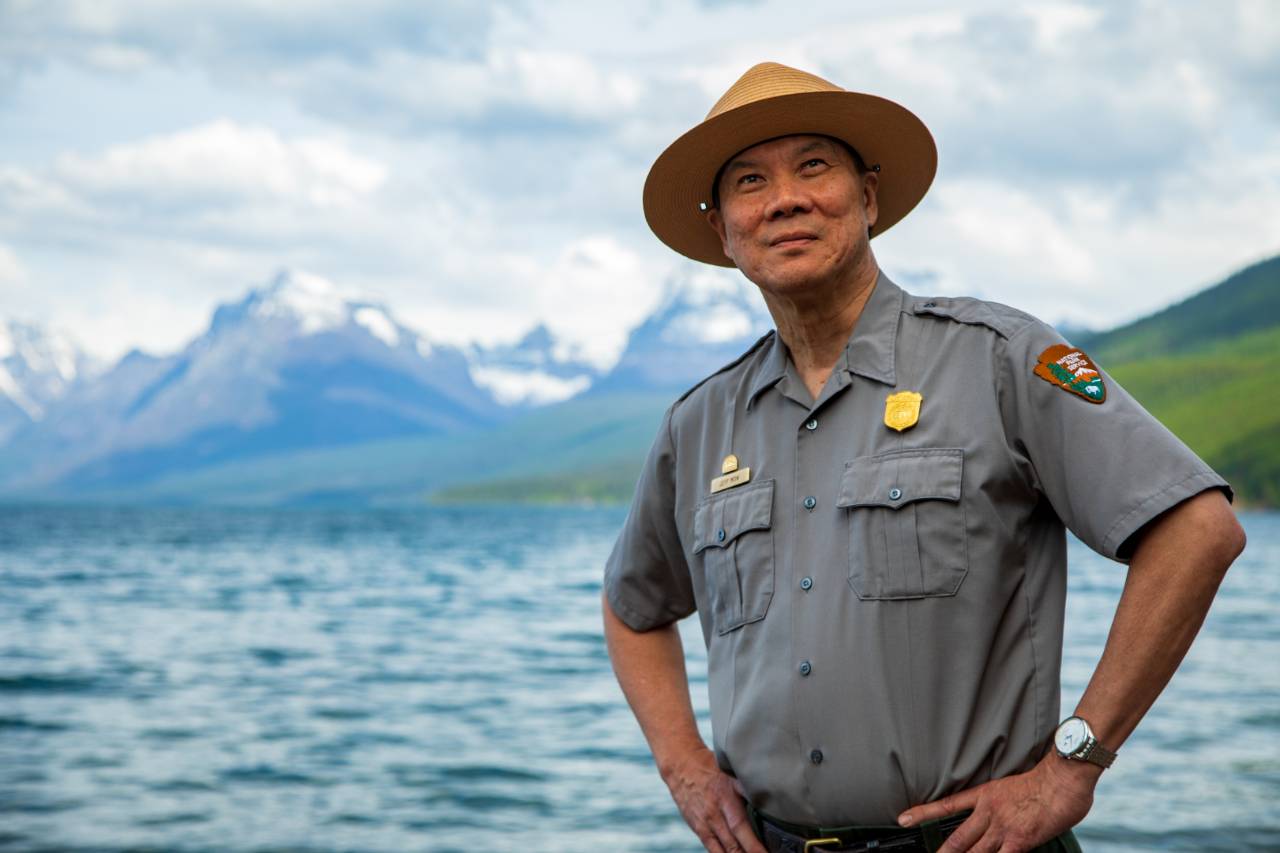This page is focused on action-oriented resources. The Resources page has reports and other informational resources about climate change.
Taking Action As An Individual
By working together to identify solutions and bring about positive change, individuals and communities can reduce the risks that current and future generations face. The following resources can help you have informed and productive conversations about climate change and identify other steps you can take (and here’s a study on why it’s important to talk about climate change).
The AAAS Local Science Engagement Network helps to connect scientists with elected representatives on the local, state, and federal levels when engagement and advocacy opportunities arise on important science policy issues. Join us in elevating the role of science in evidence-based public policy.
Using material from How We Respond, the “Engaging Communities in Climate Conversations” workshop focuses on the fundamentals of engaging in conversations about climate change, with a focus on impacts and solutions (see this 45-minute version from the 2021 AAAS Annual Meeting).
Gregory Wessel from Geology in the Public Interest helps frame the problem and how we as individuals can think about it through a story map. “Take a rest, regroup, work smarter, or revise your approach, but do not give up. Imagine the world you are building for your children, one brick at a time. Then think of their children being able to enjoy fireflies, Monarch butterflies, and polar bears, all because of you.”
How to Save a Planet is a podcast that asks the big questions: what do we need to do to solve the climate crisis, and how do we get it done? Join journalist Alex Blumberg and scientist and policy nerd Dr. Ayana Elizabeth Johnson, as they scour the Earth for solutions, talk to people who are making a difference, ask hard questions, crack dumb jokes and — episode by episode — figure out how to build the future we want.
Easy to use, clear actions you can take in different categories, with more reading you can do on the science and the impacts of climate change if you wish to dig deeper. From the Sustainability, Energy and Environment Community at UC Boulder.
Climate scientist Katharine Hayhoe’s lecture at the 2018 AAAS Annual Meeting and editorial address the importance of connecting climate change with shared values and providing practical solutions that people can get excited about.
The Yale Program on Climate Change conducts research on public climate change knowledge, attitudes, policy preferences, and behavior at global, national, and local scales. See their fact sheets with this info for specific states/counties/districts.
Our Kids Climate has a webinar and a short guide to support adults in having conversations with children about climate. As adults, we can play a key role – both in taking action ourselves – but also to help our children cope with the emotional impacts of a changing climate.
How to have conversations about climate change from Climate Outreach, based on experiences of 550 individuals from over 50 countries.
Quick insights from the handbook commissioned by the Intergovernmental Panel on Climate Change.
Relationship-Building in Climate Engagement (Landscape Report & Case Studies of Flood Resilience & Recovery Networks)
Through the AAAS Civic Science Fellowship Project, Blake McGhghy reviewed relationship-building approaches in climate resilience work, and developed three case studies of flood resilience/recovery networks in the rural Midwest. These products include co-created recommendations for funders, scientists, and evaluators, and explore ways to foster more equitable decision-making and information-sharing.
AGU’s Thriving Earth Exchange Director Raj Pandya connects the research on communication to an actual conversation with a family member. Links to other resources collected by AGU.



Taking Action As a Community
There are many excellent resources for communities to take action on climate change: this is a small sample.
Educational Resources
There are many excellent resources for communities to take action on climate change: this is a small sample.
The Young Voices for the Planet film series features children and youth who are engaging their communities in conversations about solutions to climate change. Their civic engagement curriculum includes ways to use examples from the films in your own communities.
The nonprofit National Center for Science Education helps train teachers and community volunteers in approaches that have been proven to reduce conflict and help learners overcome misconceptions about evolution and climate change.
The National Oceanic and Atmospheric Administration hosts resources from the Climate Literacy and Energy Awareness Network (CLEAN), which provides scientifically and pedagogically reviewed digital resources for teaching about climate’s influence on individuals and society and human influences on climate.
The STEM Teaching Tools site from the University of Washington now features How We Respond resources in a new practice brief on communicating climate solutions. The brief includes key considerations for these conversations, including issues of equity, and recommended actions to take.


Guides and Toolkits for Action
Open-source facilitation guides for having deeper dialogue about the climate crisis and building community around solutions.
This stewardship program helps congregations reduce the carbon footprint of their facilities and engage their members in reducing their carbon footprint at home.
The American Planning Association (a professional society) has gathered resources related to best practices for planning for climate change.
Prepared by the U.S. Federal Emergency Management Agency, this report discusses the need for trust, inclusion, cross-cultural communication, and supporting local practices and successes to order to increase community-specific preparedness.
Online database and networking site that serves policymakers and others who are working to help communities adapt to climate change.
EcoAmerica supports a network of faith, health, community, higher education, and business institutions interested in climate leadership. Their Moving Forward guide is geared toward civic leaders who want to lead on climate and sustainability and seek the resources to act.
The National Association for the Advancement of Colored People Environmental and Climate Justice Program’s toolkit equips communities with information needed to implement projects on topics including local food systems, emergency management, stormwater infrastructure, housing, coastal resilience, and more.
The National Institute of Standards and Technology has collected resources focused on assisting communities and stakeholders on issues related to physical infrastructure and disaster resilience, preparing for hazards, and adapting to changing conditions.
In addition to the immediate physical impacts, climate impacts are also threatening cities’ competitiveness—their ability to protect their finances, attract capital, and protect and attract residents and businesses. This report for policymakers and private sector stakeholders shares policies and practices that can better position cities to manage climate impacts, and thrive despite them.
This guide is designed to help communities evaluate proposed projects, infrastructure and otherwise, while acknowledging the community characteristics that need to be taken into account in evaluating options. The guide was produced by Sustainable Adaptive Gradients in the Coastal Environment: SAGE, a National Science Foundation-funded research coordination network.
This handbook for cities from the nonprofit Rocky Mountain Institute is organized around 22 recommendations for no-regrets actions that will help cities become carbon free.
The U.S. Climate Resilience Toolkit is a website designed to help people find and use tools, information, and subject matter expertise to build climate resilience. The Toolkit offers information from all across the U.S. federal government in one location.
List of programs providing technical assistance to communities on smart growth approaches.
Highlights evidence and solutions for communities on the frontlines of responding to health and climate change.
NOAA web mapping tool to visualize community-level impacts from coastal flooding or sea level rise.
U.S. Department of Energy program that provides no-cost technical assistance to help communities install solar power.
Collection of case studies, funding opportunities, and resources helps local governments prepare for climate change. Also: the Hoosier Resilience Index, to explore the local impacts of climate change.
The U.S. Centers for Disease Control and Prevention created this guide to help health departments engage various sectors from agriculture to transportation in adapting to the impacts of climate change on health. Includes potential actions and talking points.
By using the Pathfinder tool and meeting the goals of the Climate Positive Design Challenge, landscape architects can design projects that sequester more carbon than they emit.


Networks
The American Society of Adaptation Professionals (ASAP) is a professional society for people who are preparing for climate impacts in their jobs, in their communities, and in their fields of practice.
The Association of Climate Change Officers (ACCO) is a professional development organization and cross-sector community of practice for individuals addressing climate change in their organizations’ operations and mission.
Climate Matters is a climate reporting resource program that helps meteorologists and journalists report on climate impacts and solutions in ways that are local, immediate, and personal — grounded in the latest science.
The National League of Cities Leadership in Community Resilience program provides grants and technical assistance, staff support, and professional development to community leaders.
Online, professionally facilitated connections between communities and national experts.
The Rising Voices program facilitates intercultural approaches for understanding and adapting to extreme weather and climate change. It brings together Indigenous and other scientific professionals, tribal and community leaders, environmental and communication experts, artists and others to assess critical community needs and pursue joint research.
American Geophysical Union’s Thriving Earth Exchange supports community science, i.e. the use of science to advance local and regional priorities. The platform includes tools, resources, and opportunities that help projects with everything from collaborative idea formulation to implementing a co-designed solution.
The Urban Sustainability Directors Network (USDN) is a network of local government professionals from communities across the United States and Canada dedicated to creating a healthier environment, economic prosperity, and increased social equity.
U.S. Climate Alliance states are committed to taking real, on the ground action that urgently addresses the climate challenge.
Collaboration of Northeast and Mid-Atlantic states and the District of Columbia working to reduce pollution from transportation and invest in a modern, clean transportation future.


Taking Action Nationally and Globally
This is another small sample of the resources available for acting on climate change at the national policymaker level and beyond.
A set of recommended practices for those who wish to communicate with policymakers about highly technical topics, developed by a research team from American University, AAAS, and University of New South Wales. The guide is based on a literature review, in-person interviews with Members of Congress and staff, a survey of hundreds of science communicators, and an analysis of expert testimony in Congress.
A comprehensive guide for interacting with members of Congress and their staff, from AAAS’s Office of Government Relations.
Science Rising is a network of partners and advocates for science, equity, and justice. It is a broad-based effort collectively organized by many different participating organizations and individuals.
Project Drawdown reviews, analyses, and identifies global climate solutions.

